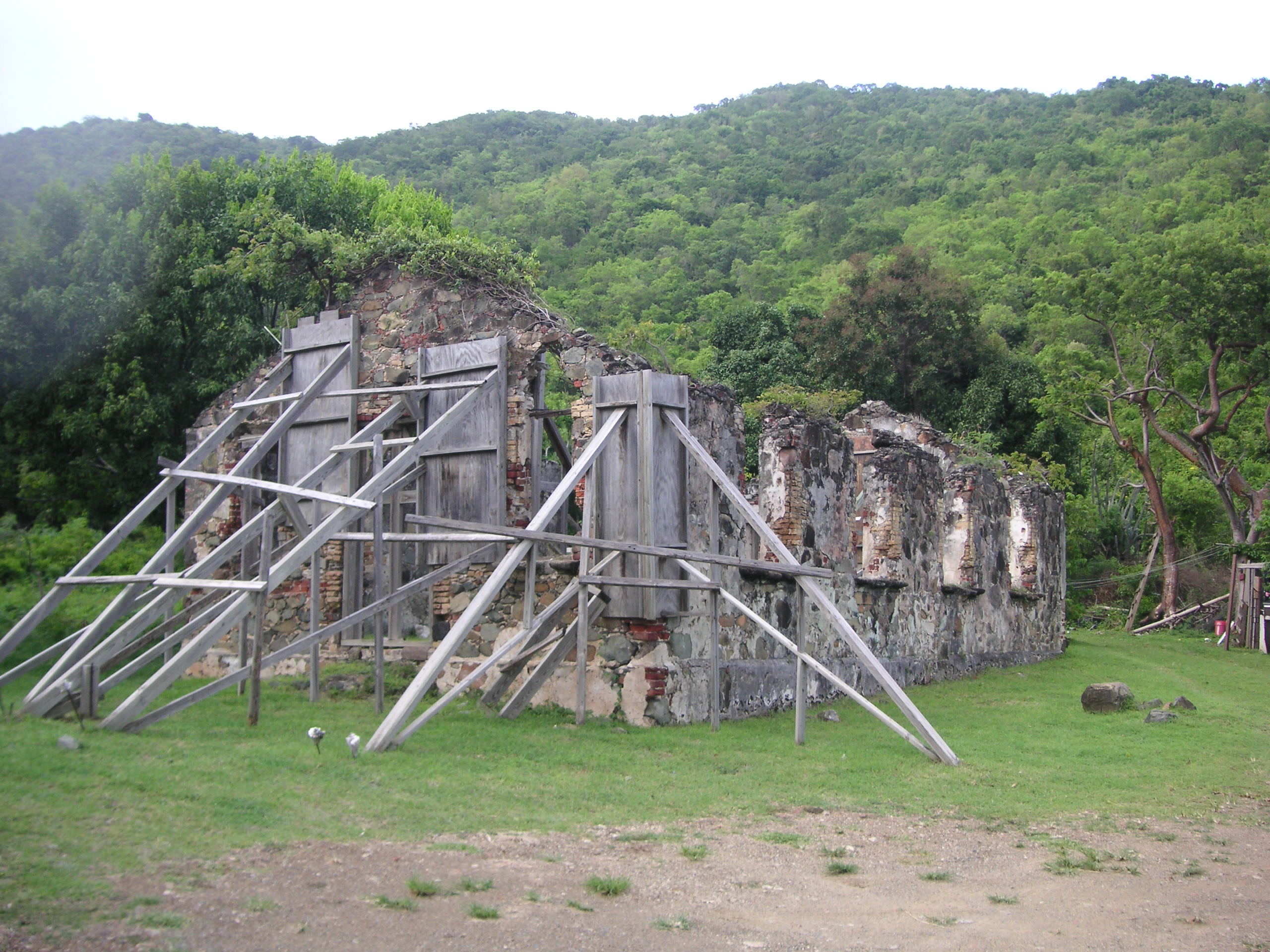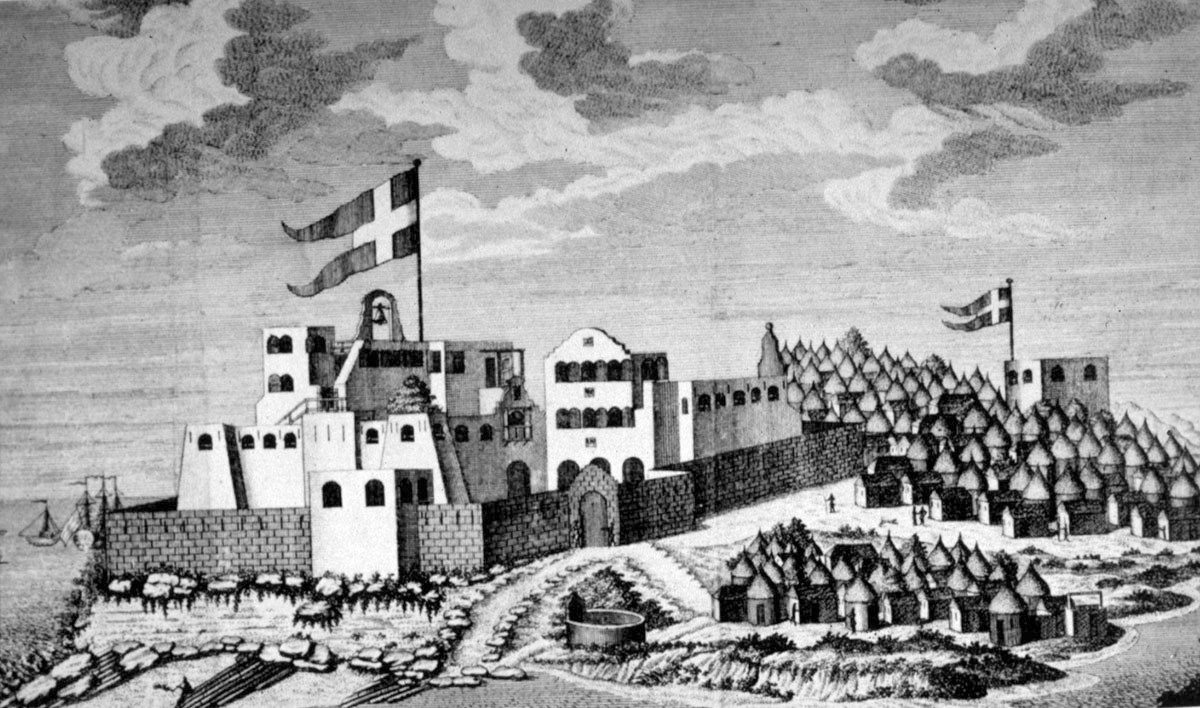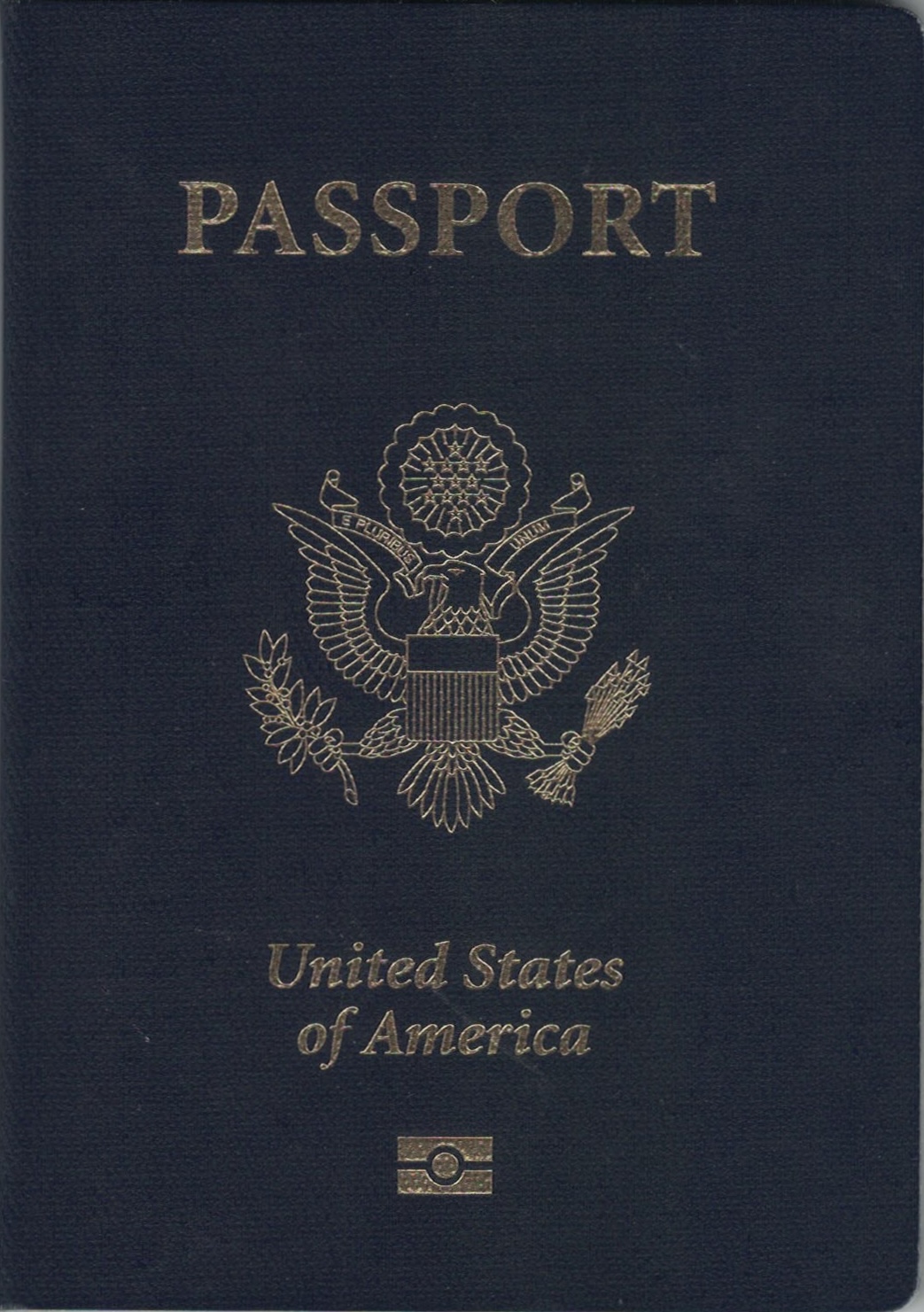|
Legislature Of The Virgin Islands
The Legislature of the Virgin Islands is the territorial legislature of the United States Virgin Islands. The legislative branch of the unincorporated U.S. territory is unicameral, with a single house consisting of 15 senators, elected to two-year terms without term limits. The legislature meets in Charlotte Amalie on the island of St. Thomas. History The Danish period: 1852–1917 The roots of the modern legislature date to the passage of the Colonial Law in 1852 during the Danish colonial period. The law created a Colonial Assembly for the Danish West Indies, as well as the appointment of a vice-regent serving as the colony's governor executive, serving on behalf of the King of Denmark. Despite the name, the Colonial Assembly acted more as an advisory body than a true legislature. Vice-regents continued to reserve the right to reject or amend any law they did not see fit. A further Colonial Law coming in 1863 broke the Assembly into two parts, creating a colonial cou ... [...More Info...] [...Related Items...] OR: [Wikipedia] [Google] [Baidu] |
United States Virgin Islands
The United States Virgin Islands,. Also called the ''American Virgin Islands'' and the ''U.S. Virgin Islands''. officially the Virgin Islands of the United States, are a group of Caribbean islands and an unincorporated and organized territory of the United States. The islands are geographically part of the Virgin Islands archipelago and are located in the Leeward Islands of the Lesser Antilles to the east of Puerto Rico and west of the British Virgin Islands. The U.S. Virgin Islands consist of the main islands of Saint Croix, Saint John, and Saint Thomas and 50 other surrounding minor islands and cays. The total land area of the territory is . The territory's capital is Charlotte Amalie on the island of St. Thomas. Previously known as the Danish West Indies of the Kingdom of Denmark–Norway (from 1754 to 1814) and the independent Kingdom of Denmark (from 1814 to 1917), they were sold to the United States by Denmark for $25,000,000 in the 1917 Treaty of the Danish We ... [...More Info...] [...Related Items...] OR: [Wikipedia] [Google] [Baidu] |
British Virgin Islands
) , anthem = "God Save the King" , song_type = Territorial song , song = " Oh, Beautiful Virgin Islands" , image_map = File:British Virgin Islands on the globe (Americas centered).svg , map_caption = , mapsize = 290px , image_map2 = British Virgin Islands - Location Map (2013) - VGB - UNOCHA.svg , mapsize2 = 250px , subdivision_type = Sovereign state , subdivision_name = , established_title = , established_date = Dutch West Indies , established_title2 = British capture , established_date2 = 1672 , established_title3 = Cooper Island sold to UK , established_date3 = 1905 , established_title4 = Separate colony , established_date4 = 1960 , established_title5 = Autonomy , established_date5 = 1967 , official_languages = English , demonym = , capital = Road Town , coordinates = , largest_city = capital , ethnic_groups = 76.9% Black5.6% Hispanic5.4% White5.4% Mixed2.1% Indian4.6% other , ethnic_groups_year = 2010 , government_type = Parliamentary depe ... [...More Info...] [...Related Items...] OR: [Wikipedia] [Google] [Baidu] |
Danish Colonial Empire
, conventional_long_name = Danish overseas colonies , status = Empire , status_text = , life_span = 1536–1953 (Denmark)1536–1814 (Norway) , government_type = Constitutional monarchy , event_start = , date_start = , year_start = 1536 , event_end = , date_end = , year_end = 1953 , event1 = , date_event1 = , event2 = , date_event2 = , event3 = , date_event3 = , event4 = , date_event4 = , event5 = , date_event5 = , event6 = , date_event6 = , event_pre = , date_pre = , event_post = , date_post = , p1 = Kingdom of Norway (872–1397)Old Kingdom of Norway , flag_p1 = Kon ... [...More Info...] [...Related Items...] OR: [Wikipedia] [Google] [Baidu] |
United States Citizenship
Citizenship of the United States is a legal status that entails Americans with specific rights, duties, protections, and benefits in the United States. It serves as a foundation of fundamental rights derived from and protected by the Constitution and laws of the United States, such as freedom of expression, due process, the rights to vote (however, not all citizens have the right to vote in all federal elections, for example, those living in Puerto Rico), live and work in the United States, and to receive federal assistance. There are two primary sources of citizenship: birthright citizenship, in which persons born within the territorial limits of the United States are presumed to be a citizen, or—providing certain other requirements are met—born abroad to a United States citizen parent, and naturalization, a process in which an eligible legal immigrant applies for citizenship and is accepted. The first of these two pathways to citizenship is specified in the Ci ... [...More Info...] [...Related Items...] OR: [Wikipedia] [Google] [Baidu] |
Caribbean
The Caribbean (, ) ( es, El Caribe; french: la Caraïbe; ht, Karayib; nl, De Caraïben) is a region of the Americas that consists of the Caribbean Sea, its islands (some surrounded by the Caribbean Sea and some bordering both the Caribbean Sea and the North Atlantic Ocean) and the surrounding coasts. The region is southeast of the Gulf of Mexico and the North American mainland, east of Central America, and north of South America. Situated largely on the Caribbean Plate, the region has more than 700 islands, islets, reefs and cays (see the list of Caribbean islands). Island arcs delineate the eastern and northern edges of the Caribbean Sea: The Greater Antilles and the Lucayan Archipelago on the north and the Lesser Antilles and the on the south and east (which includes the Leeward Antilles). They form the West Indies with the nearby Lucayan Archipelago (the Bahamas and Turks and Caicos Islands), which are considered to be part of the Caribbean despite not bordering the Caribbe ... [...More Info...] [...Related Items...] OR: [Wikipedia] [Google] [Baidu] |
German Empire
The German Empire (),Herbert Tuttle wrote in September 1881 that the term "Reich" does not literally connote an empire as has been commonly assumed by English-speaking people. The term literally denotes an empire – particularly a hereditary empire led by an emperor, although has been used in German to denote the Roman Empire because it had a weak hereditary tradition. In the case of the German Empire, the official name was , which is properly translated as "German Empire" because the official position of head of state in the constitution of the German Empire was officially a "presidency" of a confederation of German states led by the King of Prussia who would assume "the title of German Emperor" as referring to the German people, but was not emperor of Germany as in an emperor of a state. –The German Empire" ''Harper's New Monthly Magazine''. vol. 63, issue 376, pp. 591–603; here p. 593. also referred to as Imperial Germany, the Second Reich, as well as simply Germany, ... [...More Info...] [...Related Items...] OR: [Wikipedia] [Google] [Baidu] |
Denmark
) , song = ( en, "King Christian stood by the lofty mast") , song_type = National and royal anthem , image_map = EU-Denmark.svg , map_caption = , subdivision_type = Sovereign state , subdivision_name = Kingdom of Denmark , established_title = Consolidation , established_date = 8th century , established_title2 = Christianization , established_date2 = 965 , established_title3 = , established_date3 = 5 June 1849 , established_title4 = Faroese home rule , established_date4 = 24 March 1948 , established_title5 = EEC accession , established_date5 = 1 January 1973 , established_title6 = Greenlandic home rule , established_date6 = 1 May 1979 , official_languages = Danish , languages_type = Regional languages , languages_sub = yes , languages = GermanGerman is recognised as a protected minority language in the South Jutland area of Denmark. , demonym = , capital = Copenhagen , largest_city = capital , coordinates = , ethnic_groups = , ethnic_g ... [...More Info...] [...Related Items...] OR: [Wikipedia] [Google] [Baidu] |
United States
The United States of America (U.S.A. or USA), commonly known as the United States (U.S. or US) or America, is a country primarily located in North America. It consists of 50 states, a federal district, five major unincorporated territories, nine Minor Outlying Islands, and 326 Indian reservations. The United States is also in free association with three Pacific Island sovereign states: the Federated States of Micronesia, the Marshall Islands, and the Republic of Palau. It is the world's third-largest country by both land and total area. It shares land borders with Canada to its north and with Mexico to its south and has maritime borders with the Bahamas, Cuba, Russia, and other nations. With a population of over 333 million, it is the most populous country in the Americas and the third most populous in the world. The national capital of the United States is Washington, D.C. and its most populous city and principal financial center is New York City. Paleo-Americ ... [...More Info...] [...Related Items...] OR: [Wikipedia] [Google] [Baidu] |
Suffrage
Suffrage, political franchise, or simply franchise, is the right to vote in public, political elections and referendums (although the term is sometimes used for any right to vote). In some languages, and occasionally in English, the right to vote is called active suffrage, as distinct from passive suffrage, which is the right to stand for election. The combination of active and passive suffrage is sometimes called ''full suffrage''. In most democracies, eligible voters can vote in elections of representatives. Voting on issues by referendum may also be available. For example, in Switzerland, this is permitted at all levels of government. In the United States, some states such as California, Washington, and Wisconsin have exercised their shared sovereignty to offer citizens the opportunity to write, propose, and vote on referendums; other states and the federal government have not. Referendums in the United Kingdom are rare. Suffrage is granted to everybody mentally capable ... [...More Info...] [...Related Items...] OR: [Wikipedia] [Google] [Baidu] |
Government Of Denmark
The Cabinet of Denmark ( da, regering) has been the chief executive body and the government of the Kingdom of Denmark since 1848. The Cabinet is led by the Prime Minister. There are around 25 members of the Cabinet, known as "ministers", all of whom are also heads of specific government ministries. The Cabinet has usually been composed of Ministers from two or more parties forming a coalition government. Still, most of these governments have been minority governments, relying on the support of still other parties. Cabinets are formally appointed by the Monarch. In practice, once a government has stepped down, there is a fixed set of rules for appointing an investigator (most often the future Prime Minister), with the job of trying to form a new government. The Prime Minister will lead the Cabinet by convention. Cabinets are named after the Prime Minister, although they may gain shorthand names (e.g. "VK Cabinet", for the recent Venstre–Conservative cabinet). As of 15 December ... [...More Info...] [...Related Items...] OR: [Wikipedia] [Google] [Baidu] |
Saint Croix, U
In religious belief, a saint is a person who is recognized as having an exceptional degree of holiness, likeness, or closeness to God. However, the use of the term ''saint'' depends on the context and denomination. In Catholic, Eastern Orthodox, Anglican, Oriental Orthodox, and Lutheran doctrine, all of their faithful deceased in Heaven are considered to be saints, but some are considered worthy of greater honor or emulation. Official ecclesiastical recognition, and consequently a public cult of veneration, is conferred on some denominational saints through the process of canonization in the Catholic Church or glorification in the Eastern Orthodox Church after their approval. While the English word ''saint'' originated in Christianity, historians of religion tend to use the appellation "in a more general way to refer to the state of special holiness that many religions attribute to certain people", referring to the Jewish tzadik, the Islamic walī, the Hindu rishi or Sik ... [...More Info...] [...Related Items...] OR: [Wikipedia] [Google] [Baidu] |
Saint John, U
In religious belief, a saint is a person who is recognized as having an exceptional degree of holiness, likeness, or closeness to God. However, the use of the term ''saint'' depends on the context and denomination. In Catholic, Eastern Orthodox, Anglican, Oriental Orthodox, and Lutheran doctrine, all of their faithful deceased in Heaven are considered to be saints, but some are considered worthy of greater honor or emulation. Official ecclesiastical recognition, and consequently a public cult of veneration, is conferred on some denominational saints through the process of canonization in the Catholic Church or glorification in the Eastern Orthodox Church after their approval. While the English word ''saint'' originated in Christianity, historians of religion tend to use the appellation "in a more general way to refer to the state of special holiness that many religions attribute to certain people", referring to the Jewish tzadik, the Islamic walī, the Hindu rishi or Sik ... [...More Info...] [...Related Items...] OR: [Wikipedia] [Google] [Baidu] |






